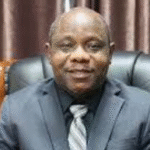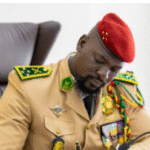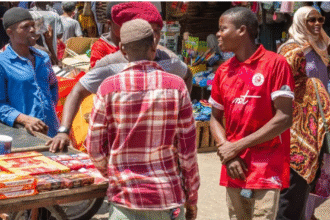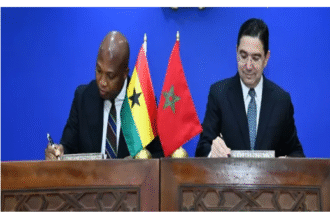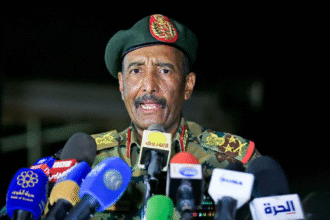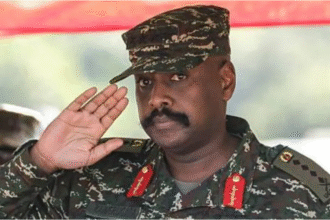By Emmanuel Sikena
Freetown, Sierra Leone – As Sierra Leone looks towards the 2028 presidential elections, a compelling internal debate is brewing within the All People’s Congress (APC) regarding its potential flagbearer: Freetown’s two-term Mayor, Yvonne Aki-Sawyerr. Despite a formidable track record of public service and electoral success, the party’s full embrace of her remains a subject of intense speculation and concern among its own ranks.
Vocal stewards within the APC itself are reportedly expressing deep reservations about the party’s current direction, insisting that Sierra Leone is struggling and that the APC has not yet demonstrated its readiness to lead the country towards sustainable and real change. Columnist and opposition member Abdul Rashid Thomas articulated this sentiment sharply, stating, “We have seen too many bad decisions, outdated strategies and not enough bold leadership. Then came Yvonne Aki-Sawyerr. She didn’t wait to be invited or appointed.”
Aki-Sawyerr’s supporters highlight a public service journey marked by sacrifice and tangible results. They point to her decision to return from the comfort of London during the harrowing Ebola crisis, not for political gain, but to offer aid. “She risked her life and made a difference when many were just watching. That’s not politics. That’s patriotism,” her advocates argue.
Following the Ebola crisis, she served under then-President Ernest Bai Koroma, heading the Presidential Delivery Team, where she is credited with delivering concrete results, not just rhetoric.
Her electoral prowess has also been a significant factor. In 2018, she successfully ran for Mayor of Freetown, a significant achievement for a woman in an historically male-dominated political space. She defied expectations again in 2023, securing a second term and successfully defending her votes amidst widespread accusations of irregularities in other contests.
During her tenure as Mayor, Aki-Sawyerr is lauded for transforming a struggling city council, elevating sanitation to a city-wide priority, and integrating climate change and environmental matters into local governance. Her championing of the ambitious Cable Car project is framed not as an elite initiative, but as a solution for everyday Freetown residents.
Yet, whispers persist about the APC’s apparent reluctance to fully endorse her as a potential presidential candidate. Some within political circles suggest her gender plays a role in a deeply traditional political landscape. Others attribute the hesitation to her perceived refusal to engage in “old political games,” preferring a results-oriented approach over conventional politicking.
As Sierra Leoneans begin to contemplate their choices for 2028, the question surrounding Aki-Sawyerr’s potential leadership transcends traditional party lines and tribal considerations. It’s framed by some as a pivotal moment for the APC: to either adapt and win or remain anchored in the past.
The stakes are high, with the implicit warning that nominating “another recycled name with no real support or fresh ideas is handing victory back to the other side.” This prompts crucial questions for the electorate:
- Who do the people actually trust?
- Who inspires the youth?
- Who can win and protect the vote?
Yvonne Aki-Sawyerr, with her unconventional political trajectory and proven track record, is presented by many as a departure from the norm. The prevailing sentiment among her proponents is that her unique approach might be precisely what Sierra Leone needs at this critical juncture, as the nation considers whether she could indeed make a good president.



